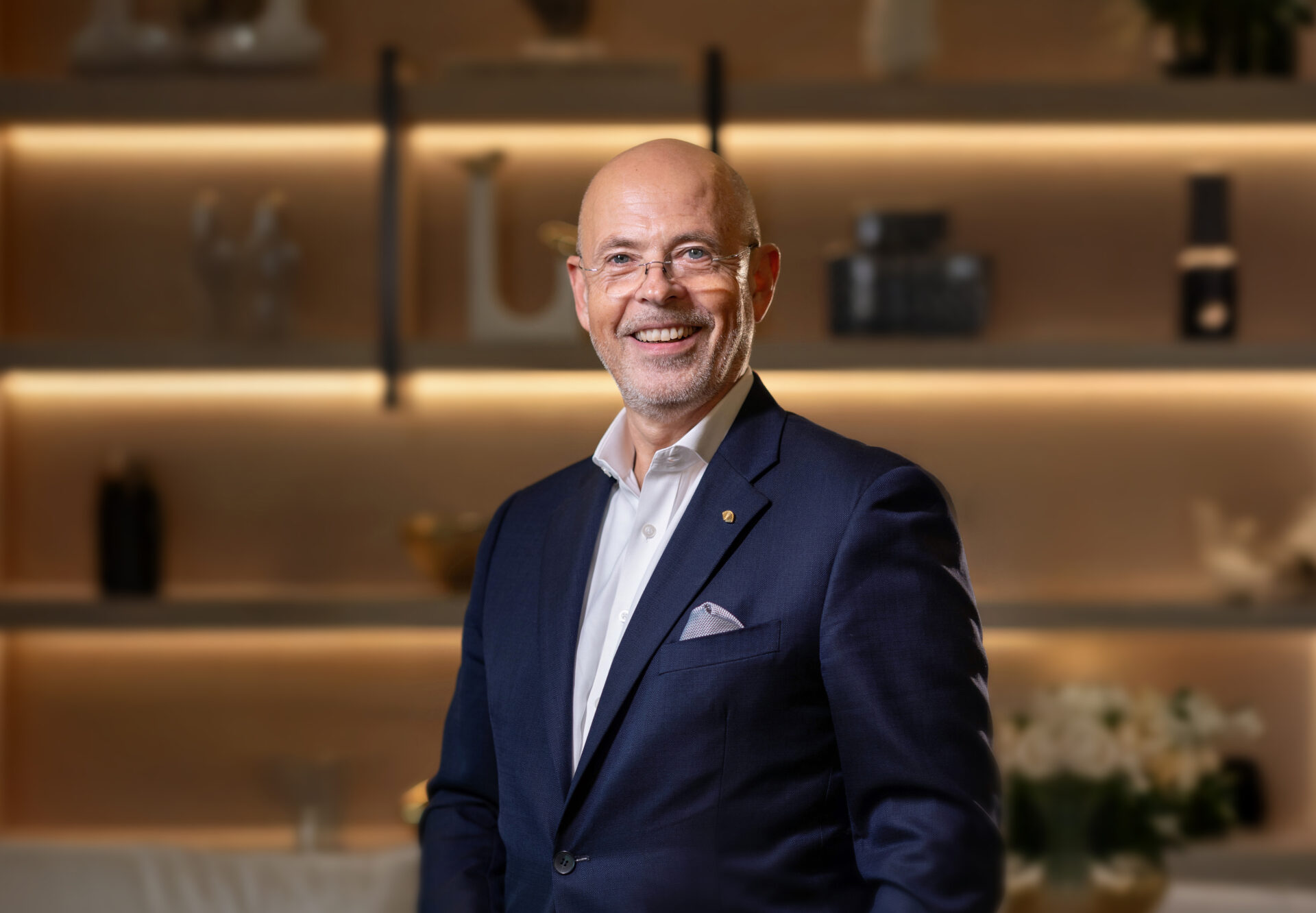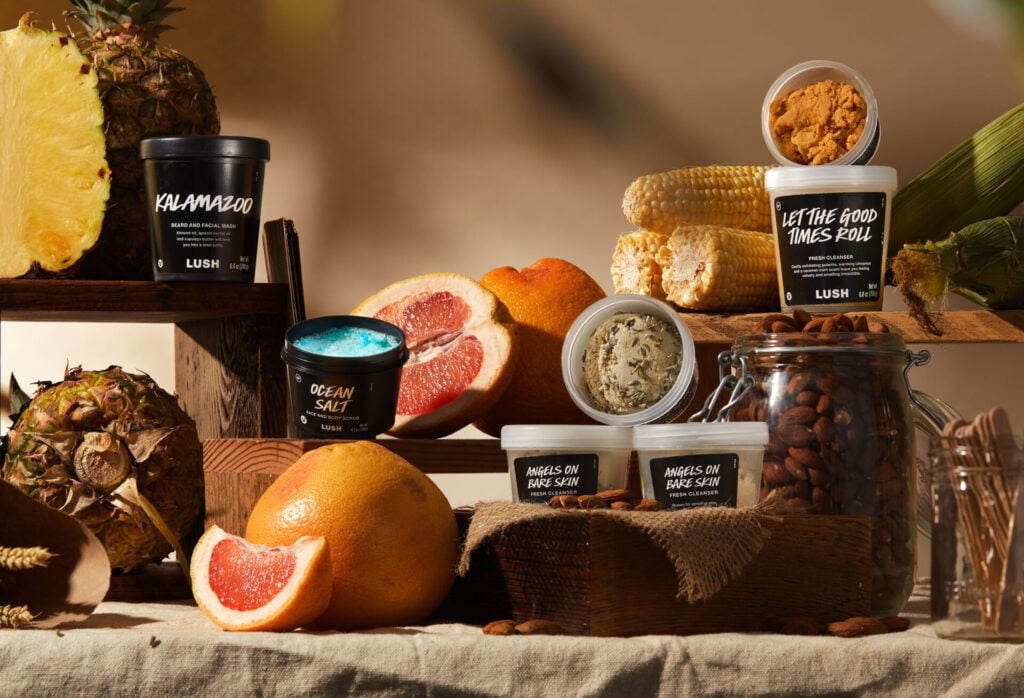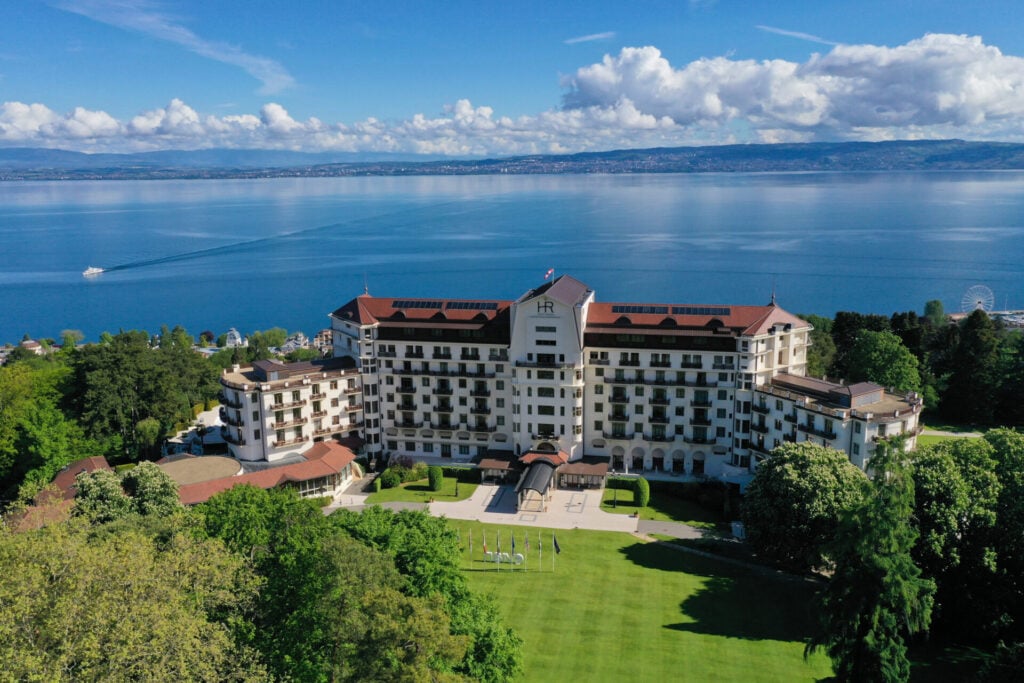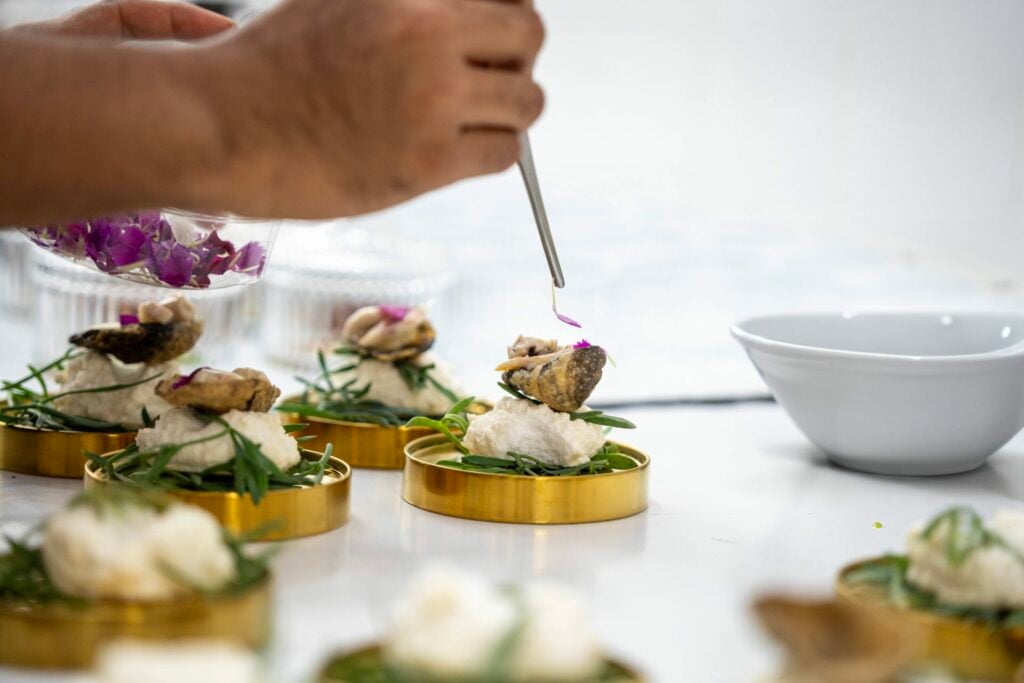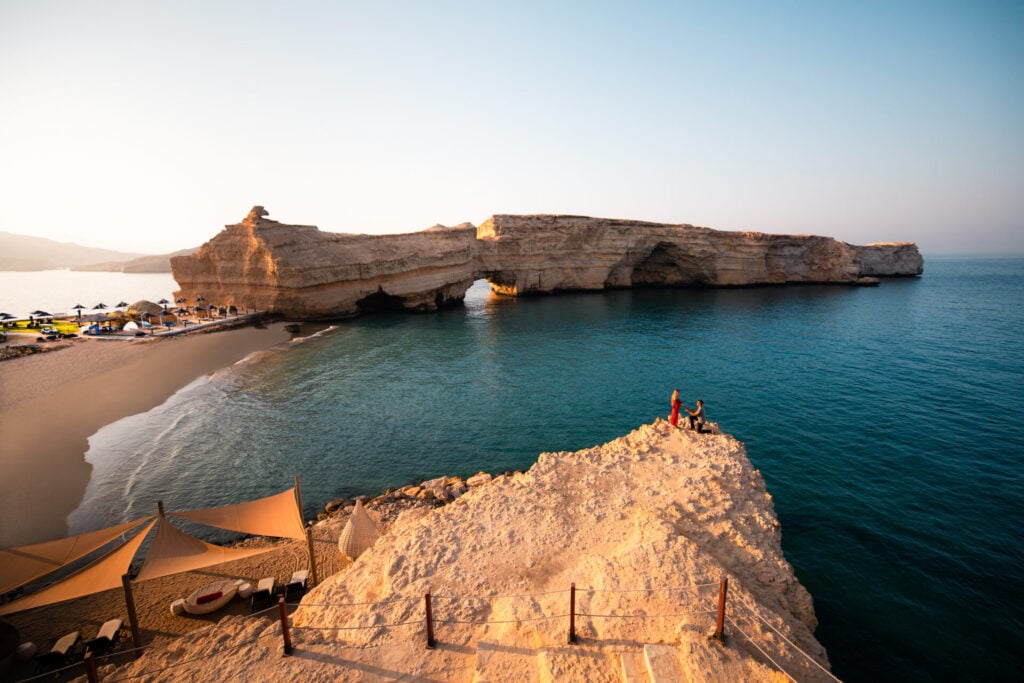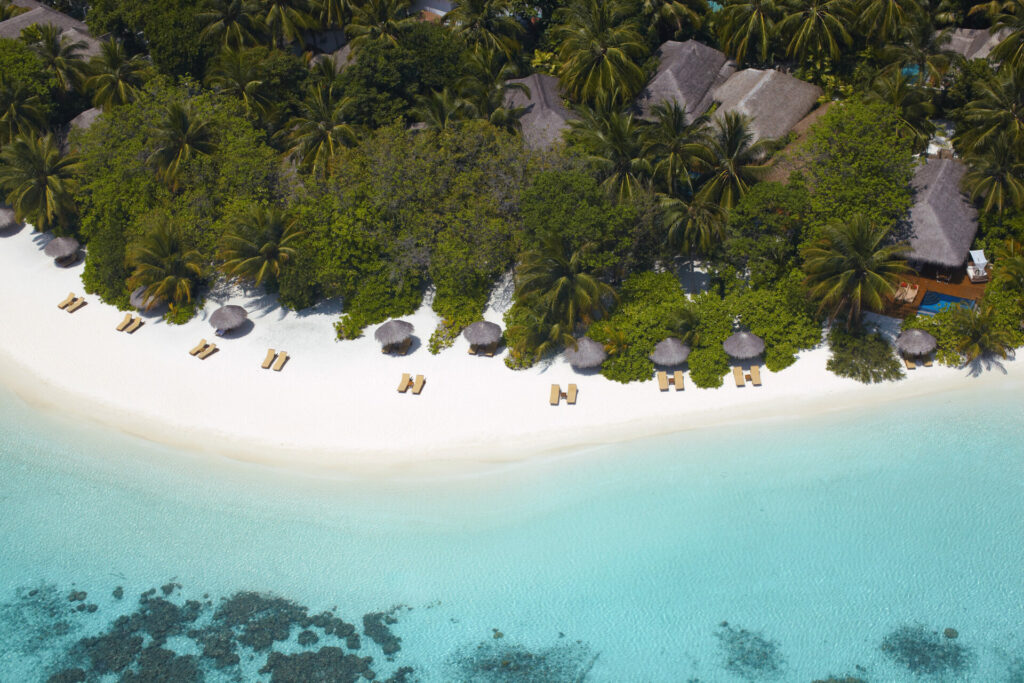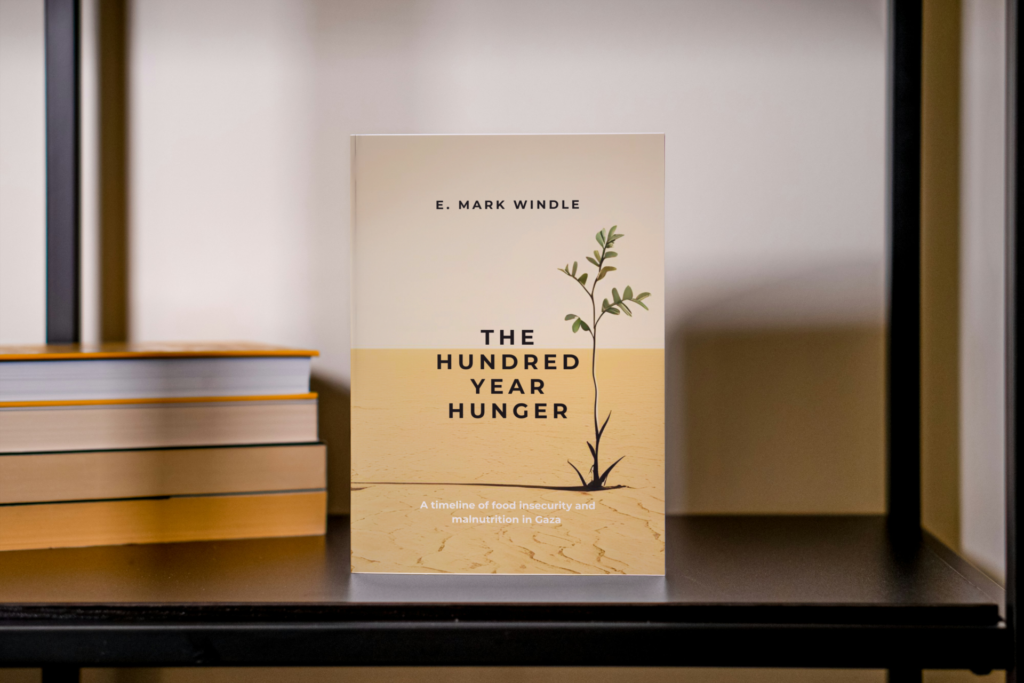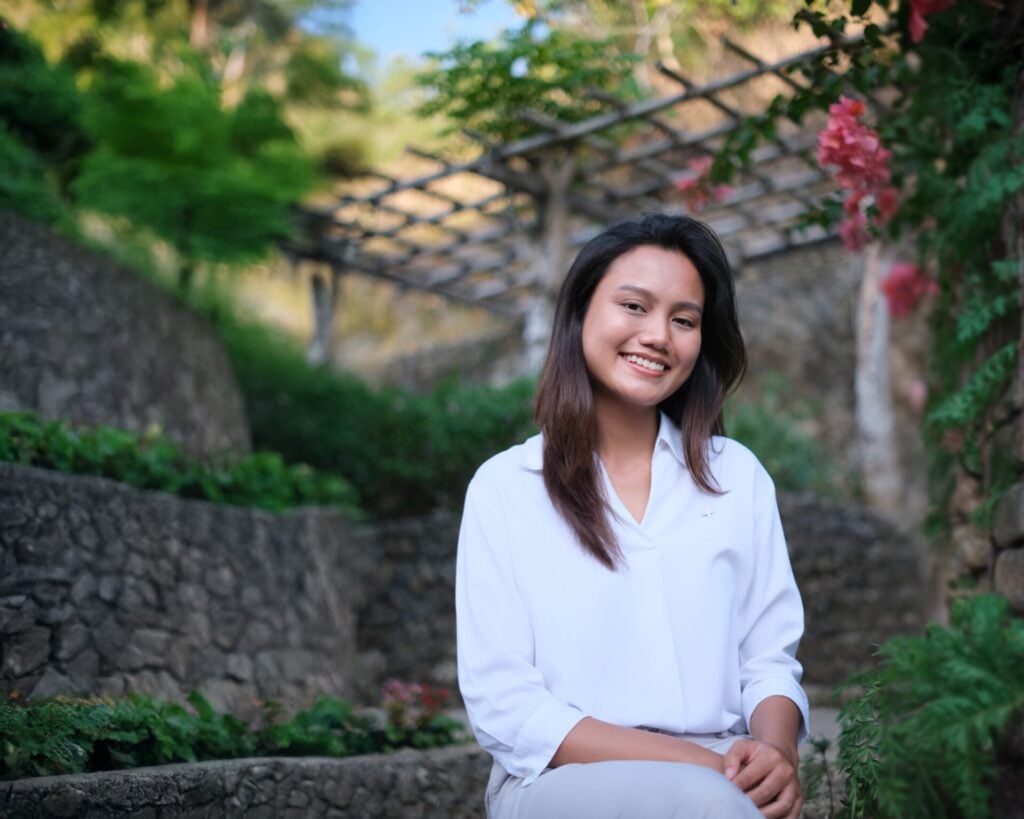From vegan suites to bee farms, Emirates Palace Mandarin Oriental is proving that luxury can also be grounded in environmental responsibility. At the helm is Michael Koth, the hotel’s General Manager and Mandarin Oriental’s Area Vice President for the region, who oversees not only this iconic palace on the Gulf but also properties across Riyadh, Muscat, and the Maldives.
The Ethicalist sat down with Michael to discuss what meaningful sustainability looks like for one of the world’s most recognisable hotels, why offering fully vegan rooms made perfect sense, and how transforming a 20-year-old property for a new climate reality is far more than a marketing exercise.
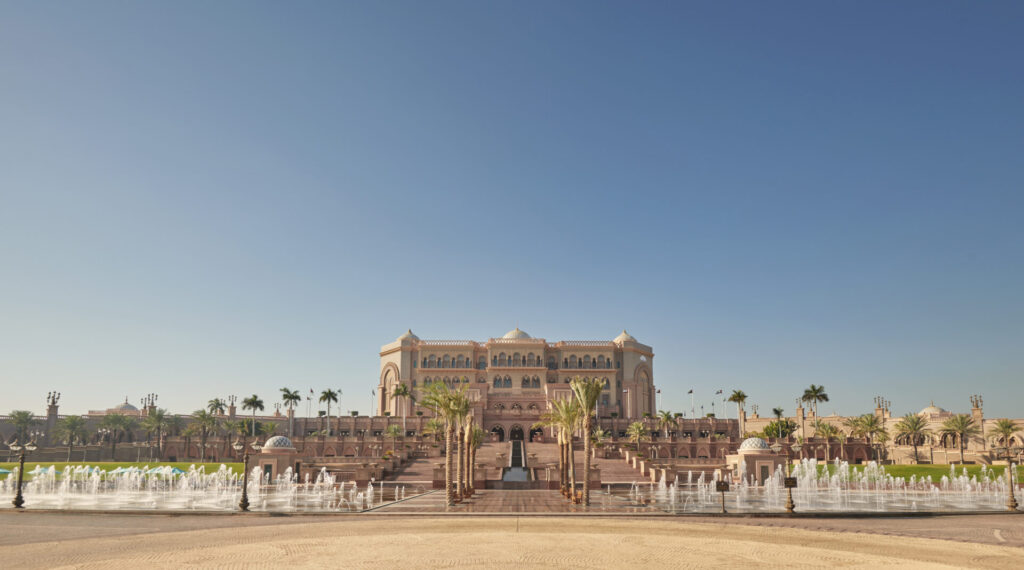
TE: Sustainability is a huge part of The Ethicalist’s focus. How important is it to Mandarin Oriental, and specifically to the properties you oversee?
It’s very important. Sustainability is not only a mandated task for Mandarin Oriental globally, but something we take seriously on the property. Emirates Palace is unique but because of its sheer scale, there’s always the risk of being accused of greenwashing. After all, we have large air-conditioned ballrooms, 400 rooms to keep cool, extensive gardens to irrigate.
But we mitigate this with the most modern technology, avoid waste, use no single-use plastics, everything is glass, we have filtered water. And we’ve just completed a two-year-long energy audit, which is helping us chart next year’s investment journey to transform a building designed 20 years ago into something ready for this century.
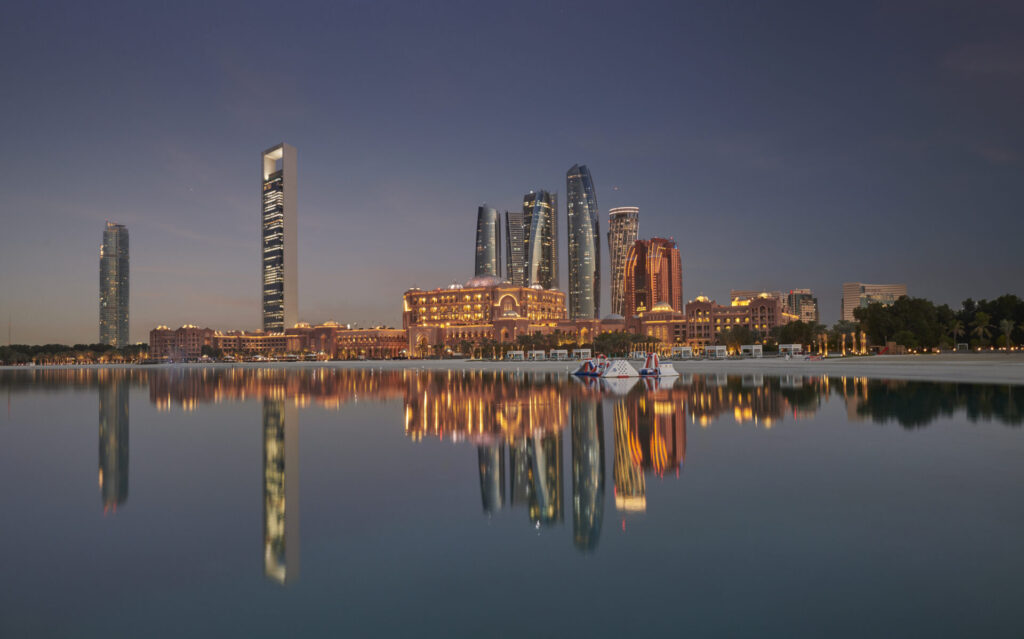
TE: Is this focus on sustainability something that began when you arrived five years ago?
Everything we did then was already steering us in that direction, even without the audit. Now, with the audit complete, we know exactly where we can improve energy efficiency – whether that’s with new cooling systems or our existing desalination plant, which already produces our own water. We can see the direct benefit: significantly reducing our carbon footprint and contributing to the UAE government’s environmental agenda. There’s also the possibility of carbon trading in the future.
TE: You also oversee the new Mandarin Oriental in the Maldives. How does building sustainably from scratch compare to retrofitting an existing property like Emirates Palace?
It’s naturally easier to build new. In the Maldives, we’re on a reclaimed island, so we’ve taken a very pragmatic approach. From day one we’ve worked closely with marine biologists and the right local authorities to make sure our footprint is as light as possible. Even before the hotel opens, we’ve started building coral reefs and creating habitats to attract fish populations and biodiversity that weren’t there before – basically creating biodiversity from nothing.
TE: Emirates Palace made headlines as the first hotel in the world to introduce fully vegan rooms. Where did that idea come from?
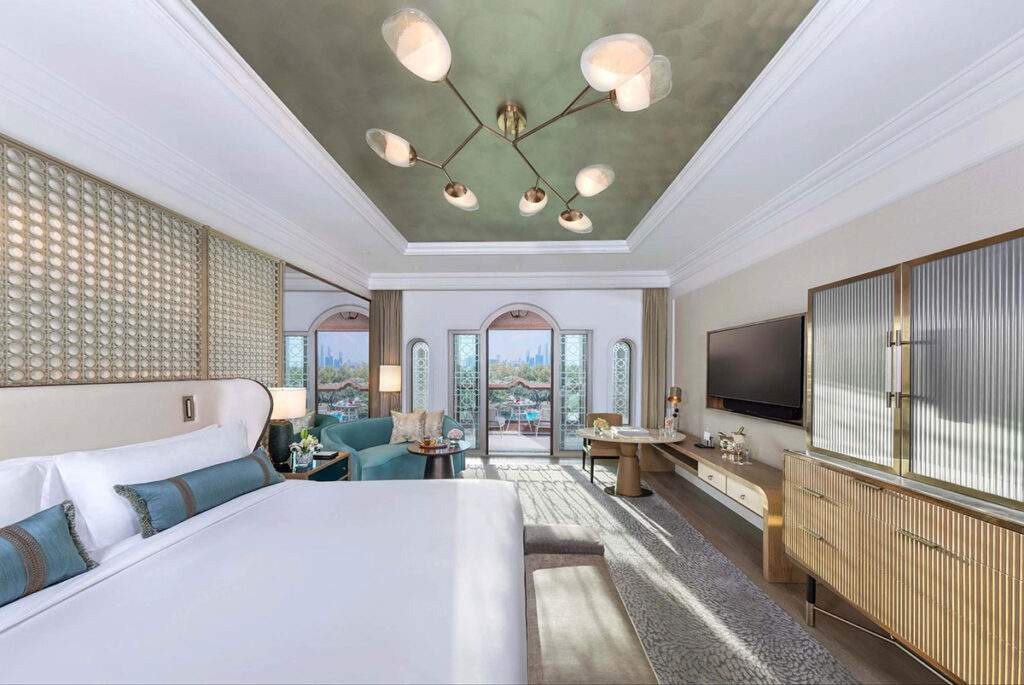
It came from asking ourselves how consistent we really were. Guests might choose vegan meals, vegan cosmetics, lead a plant-based lifestyle then walk across lamb wool carpets in their rooms. It didn’t make sense. So we decided to offer the option of a completely veganised room: no wool, no leather, no animal-tested products, vegan minibar items, a dedicated vegan in-room dining menu.
It took a year to develop, mostly because sourcing was so hard. Finding bed linens untreated with harsh chemicals, not bleached artificially, we finally landed on a beautiful linen that’s 60 per cent bamboo fiber and Cupro. It’s actually our highest-selling retail item now. I even have it on my bed at home!
TE: How popular have these vegan rooms been with guests?
Truthfully? Not hugely popular, yet. But interestingly, they’ve become very popular with guests who have allergies, since the rooms are also hyperallergenic by nature. So in addition to a HEPA filter, the no-wool, no-carpet setup has made them a surprise hit with families traveling with children sensitive to dust.
TE: Beyond rooms, have you noticed an increased demand for plant-based dining in general?
Definitely. Whether that’s out of curiosity or genuine lifestyle choice, we see more guests ordering plant-based dishes. It’s also changing who we hire: you can’t expect any chef to master vegan cuisine. It’s become a specialty, just like you’d look to the French for pastry or Italians for coffee. It’s elevating what used to be a niche market.
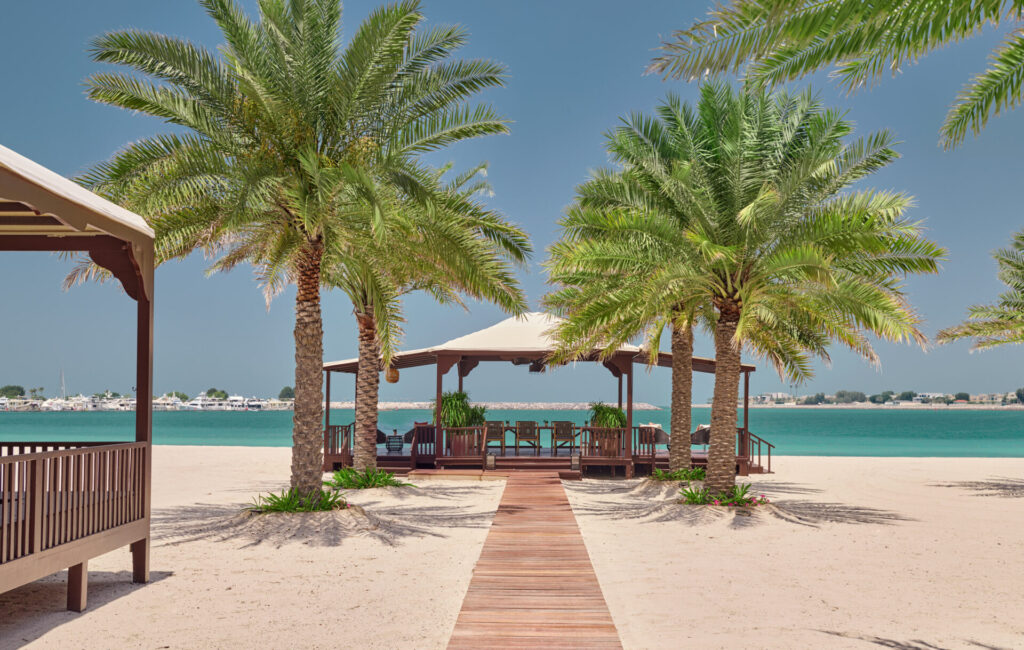
TE: What about sourcing local products in the UAE?
We absolutely try to avoid the mindset of importing everything. For instance, we buy local free-range eggs – though there aren’t enough farms to meet all our needs. Same with organic vegetables and microgreens. It’s a growing market. We also have our own organic garden and bee farms on the grounds, producing about two and a half tons of honey a year.
That honey is used for cooking, guest amenities, and retail. Plus we offer beekeeping experiences for children, which is wonderful. We want kids, not just visitors, but also local school groups, to grow up with sustainability and waste awareness as part of their mindset.
TE: It sounds like Emirates Palace is surprisingly kid-focused for such a grand hotel.
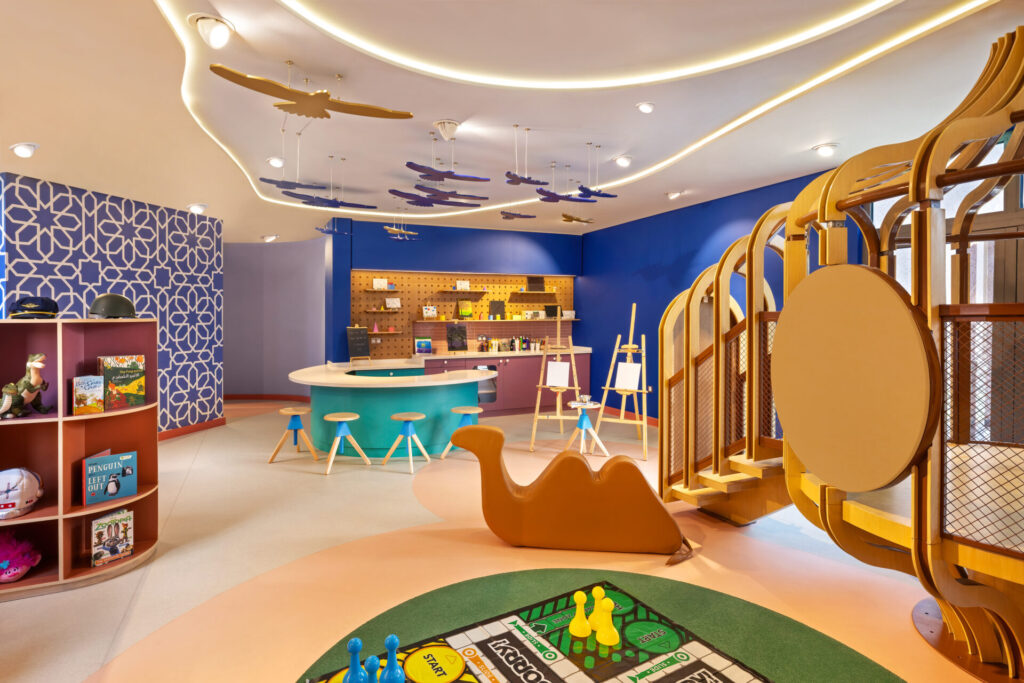
It is! We have a massive ‘kids’ palace,’ with no electronic games. It’s all crafts, sports, cooking, dancing…a total tech detox.
We’ve found that when you talk about sustainability every day, when your chief engineer tells the team each morning how energy consumption was reduced compared to yesterday, real change happens.

